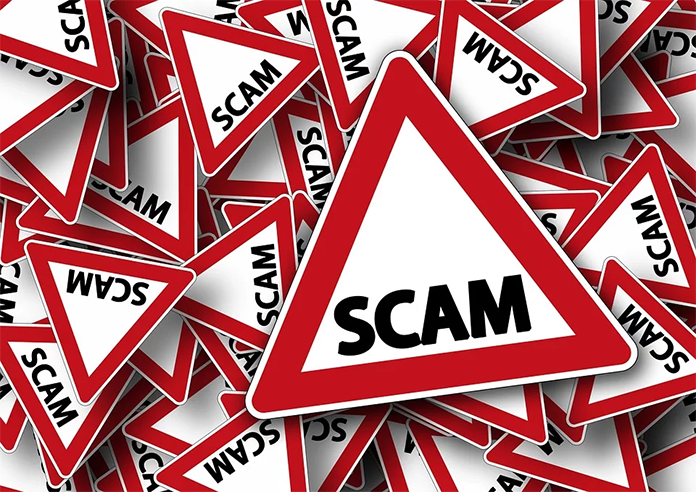
WASHINGTON- Beware of direct payment scams connected to relief efforts of the COVID-19 pandemic!
That is the message that Congressman Andy Kim (NJ-03), Ocean County Prosecutor Bradley D. Billhimer, and Burlington County Prosecutor Scott Coffina, shared noting the increased potential of scams targeting people receiving COVID-19 relief payments through the CARES Act.
Congressman Kim said “in these tough times, the last thing New Jersey’s families and seniors should be worried about are scammers trying to steal this much needed help,” said Congressman Kim. “Everyone should be on the lookout for possible scams and make our local law enforcement aware if you become aware of or have been victimized by a scam.”
“Please don’t give any personal information over the phone or via the internet. The IRS will not call you or solicit personal information through an email. It’s unfortunate that we have to issue these warning, but please be vigilant about releasing any personal information. Be sure to call your local police department to report any such solicitations,” Prosecutor Billhimer said.
He added, “everyone needs to be aware that scams become more prevalent and creative as new opportunities are presented that allow for possible theft,” Burlington County Prosecutor Scott Coffina said. “In addition to the advice presented below, remember also to follow your instinct. If something seems wrong, then it probably is, and residents should call their police department or Prosecutor’s Office and let them take it from there.”
The IRS Criminal Investigation unit has provided the following guidance to the public to warn about potential scams.
• The IRS will deposit your check into the direct deposit account you previously provided on your tax return (or, in the alternative, send you a paper check).
• The IRS will not call and ask you to verify your payment details. Do not give out your bank account, debit account, or PayPal account information – even if someone claims it’s necessary to get your check. It’s a scam.
• If you receive a call, don’t engage with scammers or thieves, even if you want to tell them that you know it’s a scam, or you think that you can beat them. Just hang up.
• If you receive texts or emails claiming that you can get your money faster by sending personal information or clicking on links, delete them. Don’t click on any links in those emails or texts.
• Reports are also swirling about bogus checks. If you receive a “check” in the mail now, it’s a fraud – it will take the Treasury a few weeks to mail those out. If you receive a “check” for an odd amount (especially one with cents), or a check that requires that you verify the check online or by calling a number, it’s a fraud.
In addition to county resources, Governor Murphy announced the formation of the New Jersey COVID-19 Fraud Task Force, a joint federal-state effort to investigate and prosecute unlawful and misleading activities related to COVID-19. To report any instance of price gouging, hoarding of medical supplies, charity scams, procurement fraud, scam calls, or any other related unlawful activity call 866-720-5721 or email disaster@leo.gov.
The CARES Act includes direct relief payments to Americans to help get through the economic crisis caused by the Coronavirus pandemic. Information about Congressman Kim’s actions to contain the Coronavirus pandemic and address the ongoing economic impact can be found on his website kim.house.gov/






